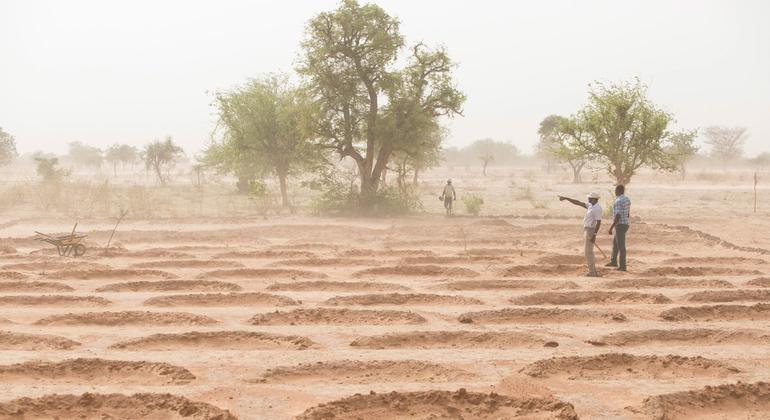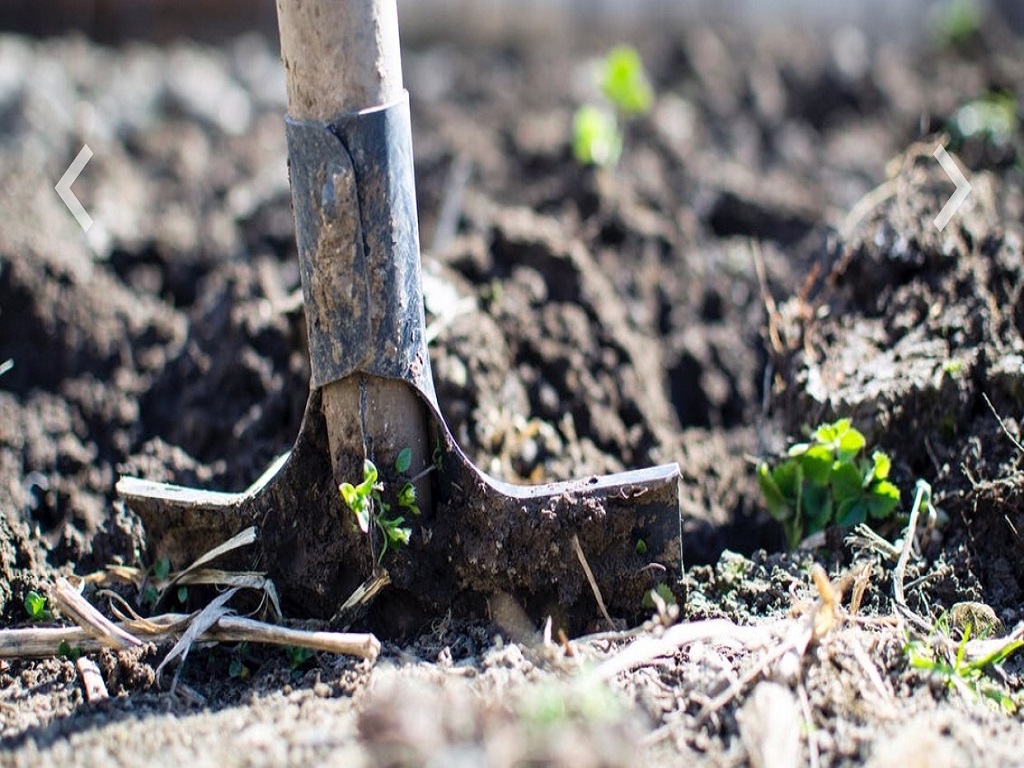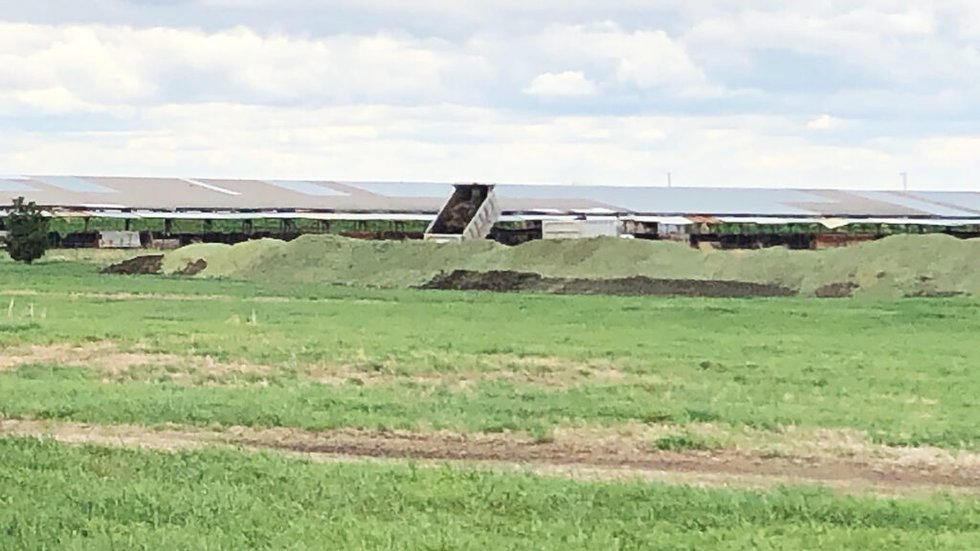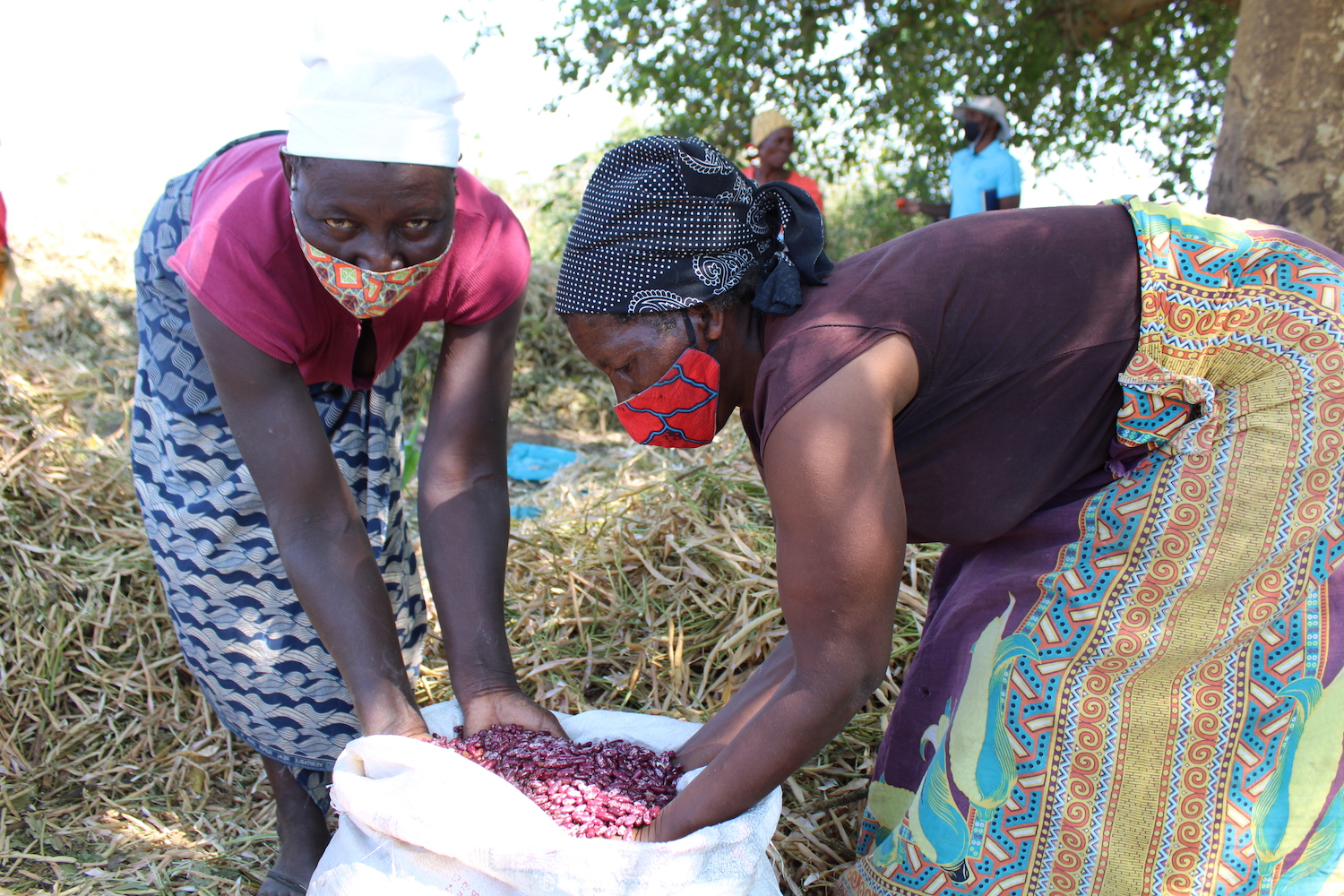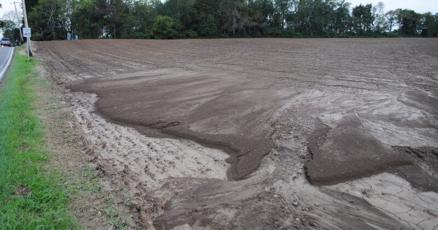 Nancy Kavazanjian
Nancy Kavazanjian
Topics: Soil Health, Ag Africa,
Bringing dry land in the Sahel back to life
Millions of hectares of farmland are lost to the desert each year in Africa’s Sahel region, but the UN Food and Agriculture Organization (FAO) is showing that traditional knowledge, combined with the
-
(0)
-
Bookmark
- Comments (0)
 John LaRose Jr.
John LaRose Jr.
Topics: Soil Health, Herbicides, Pesticides, Agriculture Global, Research, Fertilizer,
Enzymes and Agriculture Go Hand In Hand: Know How
Agriculture is not just a simple activity that provides the producer with food to sell to others. It is, after all, a science. And Enzymes have a huge role to play in this science.
-
(0)
-
Bookmark
- Comments (0)
 John LaRose Jr.
John LaRose Jr.
Topics: Soil Health, Agriculture US, Agriculture Global, Education U.S. West, Sustainability, Fertilizer,
Black eyed peas could help eliminate need for fertilizer
Black eyed peas’ ability to attract beneficial bacteria isn’t diminished by modern farming practices, new UC Riverside research shows. Planting it in rotation with other crops could help growers avoid the need for costly, environmentally damaging fertilizers.
-
(0)
-
Bookmark
- Comments (0)
 Nancy Kavazanjian
Nancy Kavazanjian
Topics: Soil Health, Agriculture US, Ethanol/Biofuel,
Disconcerting to say the least. Buyer beware for sure.
Nebraska company attempts to unload toxic waste on Kansas farmer
A Nebraska company nearly unloaded its toxic ethanol byproduct on an unsuspecting Topeka farmer before regulators intervened in late December.
-
(0)
-
Bookmark
- Comments (0)
 John LaRose Jr.
John LaRose Jr.
Topics: Rice, Soil Health, Education U.S. NorthEast, Agriculture Global, Water, Research, CRISPR/Gene Editing,
-
(0)
-
Bookmark
- Comments (0)
 John LaRose Jr.
John LaRose Jr.
Topics: Corn/Maize, Soil Health, Irrigation, Jobs, Water, Ag Africa, Ag Australia/NZ,
Irrigation helps women farmers in Mozambique weather climate extremes - Alliance for Science
In January 2021, a devastating cyclone hit Mozambique and flooded Berta Inácio Ngove’s field, burying a promising crop of maize and beans in a watery tomb. “It was bad,” recalls Ngove, a 52-year-old widow and mother of four children. “We did not harvest anything.” But cyclones aren’t the only extreme weather events that smallholder farmers […]
-
(0)
-
Bookmark
- Comments (0)
 Nancy Kavazanjian
Nancy Kavazanjian
Topics: Soil Health, Agriculture US, Conservation/Tillage, Water, Economics, Sustainability,
Scaling-up conservation practices: How much can farmers afford? | KBS LTER
East Lansing, MI – Prairie strips planted into row crops have the potential to contribute a suite of ecosystem services, such as improved soil health, water quality, and wildlife habitat.
-
(0)
-
Bookmark
- Comments (0)
 John LaRose Jr.
John LaRose Jr.
Topics: Soil Health, Organic, Forestry, Crop Consultant, Sustainability, Research, Regenerative Agriculture, Education,
Soils in old-growth treetops can store more carbon than soils under our feet
AGU press contact: Rebecca Dzombak, +1 (202) 777-7492, news@agu.org (UTC-4 hours) Contact information for the researchers: Peyton Smith, Texas A&M University, peyton.smith@ag.tamu.edu (UTC-6 hours) Hannah Connuck, Franklin and Marshall College, hconnuck@gmail.com (UTC-4 hours) NEW ORLEANS—New research reveals a previously underappreciated way old-growth forests have been recycling and storing carbon: treetop soils. Branches in forest canopies can hold caches of soil that may store substantially more carbon than soils on the ground beneath them, and scientists are just beginning to understand how much carbon canopy soils — which exist on every continent except Antarctica — could store. The new research on these unique soils, being presented on Wednesday, 15 December at 5:00 p.m. CST at AGU Fall Meeting 2021, marks the first attempt to quantify carbon capture by canopy soils. The work highlights another way old-growth forests are rich, complex ecosystems that cannot be quickly replaced by replanting forests. Tree branches collect fallen tree leaves and other organic material over hundreds of years, like the ground does. On top of the branches, the plant litter decomposes as it accumulates, forming a carbon-rich layer that can be several inches thick. The researchers climbed up into the rainforest canopy in Costa Rica, instruments in hand, to find out just how much carbon canopy soils can contain. Active carbon, a short-term storage pool of organic carbon, was three times higher in canopy soil compared to soils underfoot, the researchers found. “We knew these would be really organic-rich soils, but we didn’t expect the extremely large amount of carbon compared to mineral soils,” said Hannah Connuck, an undergraduate researcher at Franklin and Marshall College who will be presenting the study results. The researchers are still calculating the total concentration of organic carbon at their research site, but other research has found canopy soils to have up to 10 times higher concentrations of or...
-
(0)
-
Bookmark
- Comments (0)
 John LaRose Jr.
John LaRose Jr.
Topics: Soil Health, Agriculture US, Water, Government / Policies, Weather,
-
(0)
-
Bookmark
- Comments (0)
 Nancy Kavazanjian
Nancy Kavazanjian
Topics: Soil Health, Research, Carbon Farming,
Study Digs Up Roles Bacteria Play in Global Carbon Cycle
Cornell researchers have developed an innovative technique to track microbes and understand the various ways they process soil carbon, findings that add to our knowledge of how bacteria contribute to the global carbon cycle.
-
(0)
-
Bookmark
- Comments (0)


